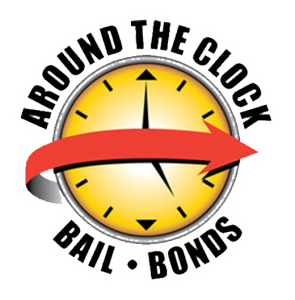Common Misconceptions About Bail Agents
What is the difference between a bail agent and a bounty hunter?
A bail agent, also known as a bail bondsman or bail bond agent, posts bail for the release of a defendant from jail, in exchange for a fee. Upon authorization of a bail bond by a co-signer, family member, or the defendant, the defendant is released and the bond is accepted by the court in lieu of the entire bail amount. The bail agent guarantees to pay over to the court the entire amount of the bond if the defendant fails to appear for his required court date. However, the bail agent does not typically go out searching for a defendant if he fails to show up for a court appearance.
A bounty hunter, on the other hand, generally works on behalf of a bail agent to locate and re-arrest clients who have defaulted on their contract with the bail agent, usually when they fail to appear in court as required, and after a judge has signed a warrant for his arrest. Once the person is located and re-arrested, the bail agent is usually released from his obligation for the person’s bond. Police departments often do not have the resources to track down every person who skips bail, so a bail agent will hire a bounty hunter and pay him a percentage of the bond as a fee if he is able to bring the person in.
How is a bail amount set?
Bail is generally set according to a bail schedule, but a judge can adjust the amount based on the circumstances of the case. A judge will usually consider factors such as the seriousness of the case, the defendant’s prior arrest record, whether the defendant is employed, and whether the defendant has family in the area or other ties to the local community.
Is the bail agent’s fee refunded if the defendant shows up for court?
A bail agent is in the business of making loans to people who need bail money. The bail agent’s fee for this service is generally 10 percent of the bail amount. This 10-percent fee is not refunded to the defendant when the case is over. Bail agents often ask for collateral in addition to the 10-percent fee. If a person is released on a $10,000 bond and the bail agent has accepted a $1,000 fee in exchange for putting up the money to cover the bond, he will lose $9,000 if a defendant fails to appear in court when scheduled. This is because the bail agent will be required by the court to pay the full amount of the $10,000 bond if the defendant is a no-show. For this reason, a bail agent may ask for collateral in the form of real estate, title to a vehicle, or stocks and bonds. When the defendant appears in court, the bond obligation is released, and the bail agent will, in turn, release his claim to the collateral. However, the 10-percent fee, or $1,000 in this example, is not refunded. That’s the bail agent’s charge for providing the bond to secure the defendant’s initial release.





